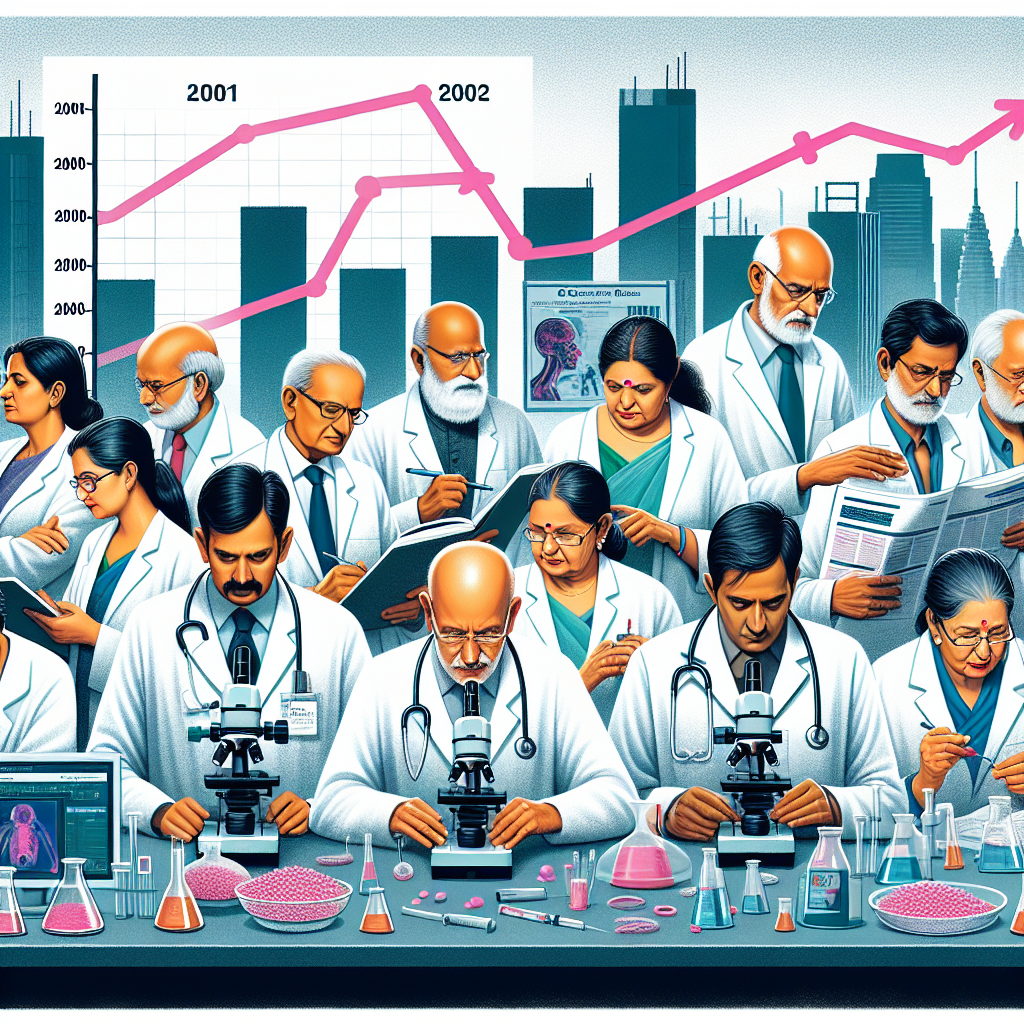Disparities in Clinical Trials: Uncovering Trends and Economic Impacts

Long Description
Understanding Disparities in Clinical Trials
Recent research published in the esteemed journal 'CANCER' investigates the disparities observed in clinical trials, focusing on the changes in numbers and complexities over time alongside varying economic conditions. This comprehensive study utilized datasets from both the World Bank and ClinicalTrials.gov, providing insightful analysis relevant to ongoing discussions in the medical field.
Key Focus Areas
This research sheds light on several critical areas:
Trends Over Time: The study meticulously tracks how the number of clinical trials has evolved, revealing significant trends that could inform future research funding and allocation.
Economic Influences: By correlating trial activity with economic shifts, the research elucidates how financial factors impact the initiation and complexity of clinical trials.
Complexity of Trials: The analysis includes a detailed examination of the complexity involved in clinical trials, which can vary significantly based on factors such as disease type, treatment methodologies, and patient demographics.
Importance of the Study
Understanding these disparities is crucial for enhancing the execution of clinical trials and promoting equity in cancer research. As economic conditions fluctuate globally, this study emphasizes the need for adaptive strategies to support clinical research, ultimately working towards more inclusive healthcare solutions.
Conclusions and Implications
The findings from this research indicate that while clinical trials are essential for medical advancement, disparities related to economic factors can hinder progress. The outcomes call for:
- Increased funding for underrepresented areas in clinical trials.
- Policies aimed at balancing accessibility and complexity in clinical research.
- Greater collaboration between governments, research institutions, and economic bodies to address these disparities.
By highlighting the influence of economic changes on clinical trial dynamics, this study serves as a cornerstone for future research and potential policy initiatives aimed at improving cancer treatment environments worldwide.
